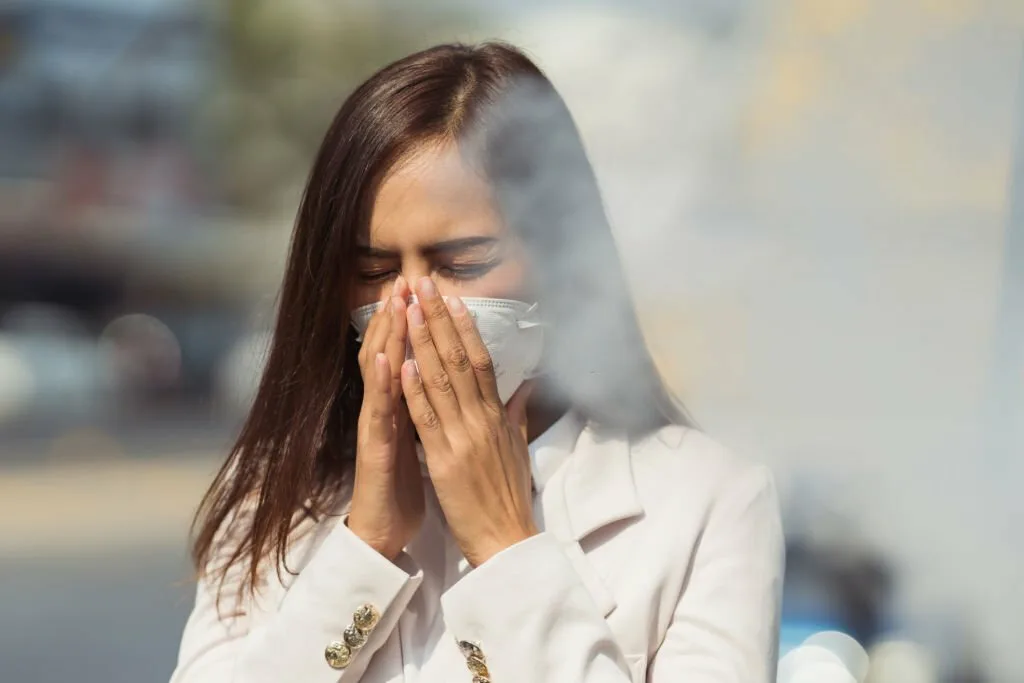Smog is a mixture of pollutants in the air that can cause a variety of health problems, including respiratory discomfort. Smog can irritate the airways and lungs, making it difficult to breathe. It can also trigger asthma attacks and other respiratory conditions.
There are a number of foods that can help to heal respiratory discomfort caused by smog. These foods are rich in antioxidants and other nutrients that can help to reduce inflammation and protect the lungs.
Here are some of the best foods to heal respiratory discomfort caused by smog:
Apples: Apples are a good source of vitamin C, an antioxidant that can help to protect the lungs from damage. Apples also contain quercetin, a compound that has anti-inflammatory properties.
Bananas: Bananas are a good source of potassium, which can help to relax the airways and make breathing easier. Bananas also contain vitamin B6, which is important for lung function.
Citrus fruits: Citrus fruits, such as oranges, lemons, and grapefruits, are a good source of vitamin C and other antioxidants. Citrus fruits can also help to loosen mucus and make it easier to cough up.
Cruciferous vegetables: Cruciferous vegetables, such as broccoli, cauliflower, and cabbage, are a good source of vitamins C and K, as well as antioxidants. Cruciferous vegetables have also been shown to have anti-inflammatory properties.
Fatty fish: Fatty fish, such as salmon, tuna, and mackerel, are a good source of omega-3 fatty acids. Omega-3 fatty acids have anti-inflammatory properties and can help to improve lung function.
Ginger: Ginger is a spice that has anti-inflammatory and antioxidant properties. Ginger can also help to loosen mucus and make it easier to cough up.
Green tea: Green tea contains antioxidants that can help to protect the lungs from damage. Green tea has also been shown to reduce inflammation and improve lung function.
Honey: Honey has antibacterial and anti-inflammatory properties. Honey can also help to soothe the throat and reduce respiratory discomfort.
Oatmeal: Oatmeal is a good source of fiber, which can help to reduce inflammation and improve gut health. A healthy gut is important for overall health, including respiratory health.
Turmeric: Turmeric is a spice that contains curcumin, a compound with powerful anti-inflammatory and antioxidant properties. Curcumin has been shown to protect the lungs from damage and improve lung function.
Watermelon: Watermelon is a good source of water, which is important for hydration. Hydration is essential for respiratory health.

In addition to eating these foods, there are a number of other things you can do to protect yourself from the harmful effects of smog. These include:
Avoiding outdoor activities when smog levels are high.
Wearing a mask when you are outdoors.
Filtering the air in your home.
Keeping your home clean and dust-free.
By following these tips, you can help to protect your respiratory health from the harmful effects of smog.




